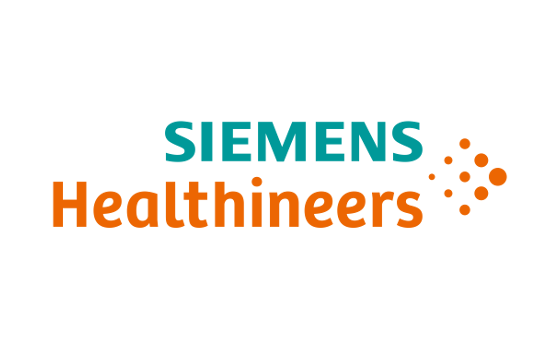 Siemens Healthineers is building a new factory in Forchheim for the cultivation of crystals for semiconductor production. The total investment amounts to 80 million euros. The new factory is expected to create 100 new jobs. The existing production facility in Japan is reaching its capacity limits. The crystals are used as detector material for the latest generation of CT scanners. By using the crystals as a semiconductor material, photon-counting devices such as Naeotom Alpha can produce sharper images with reduced X-ray dose. The factory, with a usable area of over 9,000 square meters, is scheduled to go into operation in 2026. This is already the second major investment in the Forchheim site within three years. Since 2019, Siemens Healthineers has invested a total of around €500 million in the expansion of the site.
Siemens Healthineers is building a new factory in Forchheim for the cultivation of crystals for semiconductor production. The total investment amounts to 80 million euros. The new factory is expected to create 100 new jobs. The existing production facility in Japan is reaching its capacity limits. The crystals are used as detector material for the latest generation of CT scanners. By using the crystals as a semiconductor material, photon-counting devices such as Naeotom Alpha can produce sharper images with reduced X-ray dose. The factory, with a usable area of over 9,000 square meters, is scheduled to go into operation in 2026. This is already the second major investment in the Forchheim site within three years. Since 2019, Siemens Healthineers has invested a total of around €500 million in the expansion of the site.
"We made a conscious decision in favour of the Forchheim site. Here we are building the world's first photon-counting CT scanner Naeotom Alpha, whose demand has increased enormously since its market launch in 2021 due to its ts high-resolution imaging. In addition to a very good infrastructure, the region also offers many incentives for skilled workers," says André Hartung, Head of Diagnostic Imaging at Siemens Healthineers. The new building is intended to significantly increase the production capacity for crystals, prevent supply bottlenecks and shorten construction times. Research and development for the highly complex production of crystals is also to be expanded here.
Siemens Healthineers has developed Naeotom Alpha, a new type of CT scanner. At the heart of this innovation is the new photon-counting detector, whose detection layer consists of a cadmium telluride single crystal (CdTe) and offers clear advantages over conventional CT detectors. Conventional CT detectors first convert the X-rays into visible light in a two-stage process, which is then detected by a light sensor and generates the final image. As a result of this intermediate step, important information about the energy of the X-rays is lost and is no longer available to support the diagnosis: the contrast is reduced and the images become blurred. The photon-counting CT detector developed by Siemens Healthineers converts the X-ray photons directly into fully digital electrical signals. The image data offers new clinically relevant information and improved image resolution while at the same time reducing radiation dose.
The new building in Forchheim is aiming for "LEED Platinum" certification and is to be operated in a sustainable CO2-neutral manner. For example, the waste heat from production is used to heat the buildings and its own electricity is generated with a 170kWp photovoltaic system on the roof. Environmentally friendly design of the outdoor facilities, bright sealed surfaces and shady greenery prevent heat island effects and heating of the buildings. When selecting plants, Siemens Healthineers relies on native species that are appropriate to the site in order to promote local biodiversity. This supports an innovative lighting concept with LED technology, reduced lighting of the outdoor facilities avoids light pollution and thus protects nocturnal animals.
About Siemens Healthineers
Siemens Healthineers AG (listed in Frankfurt, Germany: SHL) pioneers breakthroughs in healthcare. For everyone. Everywhere. As a leading medical technology company headquartered in Erlangen, Germany, Siemens Healthineers and its regional companies are continuously developing their product and service portfolio, with AI-supported applications and digital offerings that play an increasingly important role in the next generation of medical technology. These new applications will enhance the company’s foundation in in-vitro diagnostics, image-guided therapy, in-vivo diagnostics, and innovative cancer care. Siemens Healthineers also provides a range of services and solutions to enhance healthcare providers' ability to provide high-quality, efficient care. In fiscal 2022, which ended on September 30, 2022, Siemens Healthineers, which has approximately 69,500 employees worldwide, generated revenue of around €21.7 billion and adjusted EBIT of almost €3.7 billion.